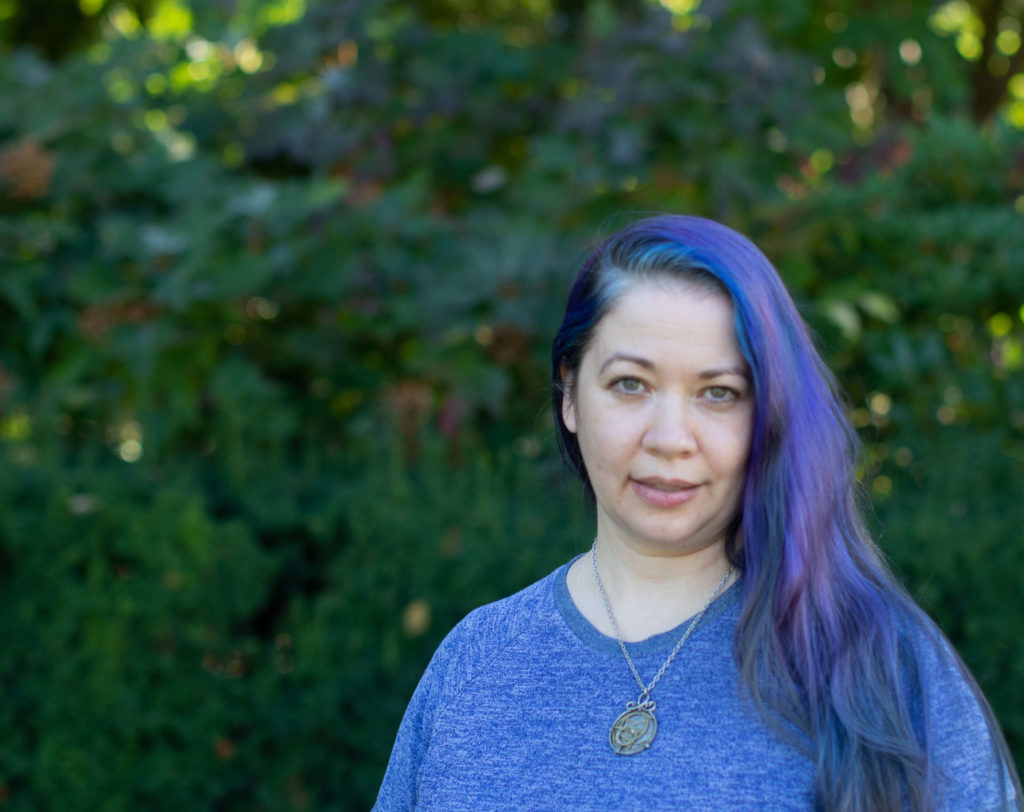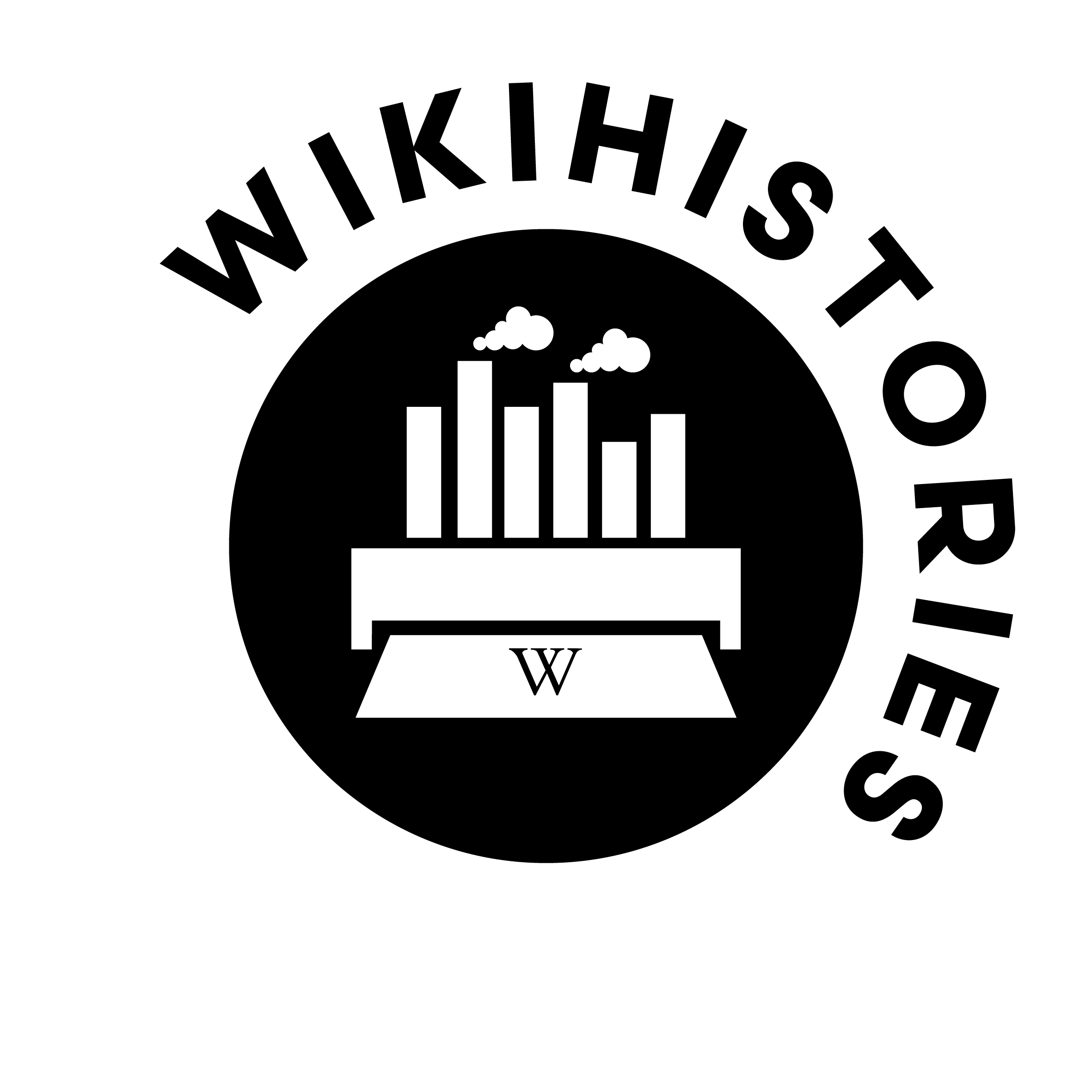Watch Kaylea’s talk on YouTube.
Wikipedia serves as a rich resource for understanding both history itself and the construction of history as a social and global practice. The history of the Middle East is not always well-understood. Examining recent events offers an opportunity to reflect on the intersection of, and tensions between, language communities as they seek to understand and explain historical events in this diverse region. To illustrate these tensions, I draw from evidence developed through three case studies across multiple language sources in Wikipedia and the media: the Cedar Revolution (English, Arabic), the 2019 Iraq Protests (English, Arabic, Russian, French, Farsi, and Belarusian), and the Beirut port explosion (English, Arabic, Turkish, French, German, Chinese, and Russian). I find that while the number of news articles about an event decreases rapidly after the event, public interest in the topic as revealed by readership of Wikipedia articles continues much longer. I also offer observations at the micro, meso, and macro level: the role that individuals play in the development of historical narratives on Wikipedia, evidence for the power of platforms to shape historical interpretation, and signs of hegemony with respect to English language sources as a source of global history. I also explore the complex relationship between geographic proximity, global political relationships, and article readership.

Kaylea Champion is a PhD candidate in Communication at University of Washington. Her research is focused on how people work together to build incredible information public goods, including knowledgebases like Wikipedia and software like Linux. She examines what gets built and maintained (and what doesn’t), who takes part (and who is excluded), and how teams form (and fall apart).
